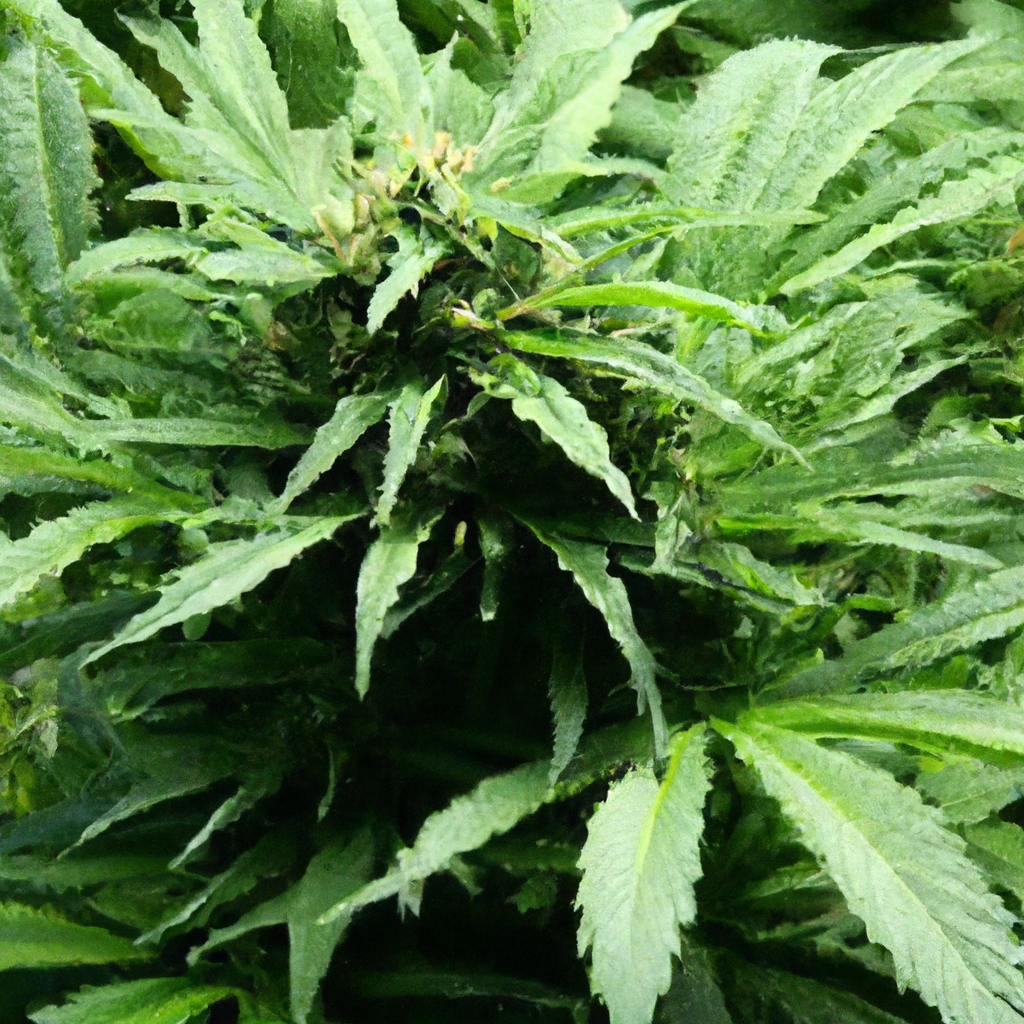Your cart is currently empty!
Organic cannabis cultivation embraces nature’s principles to create sustainable and eco-friendly growing environments. By using natural fertilizers, compost, and pest control, growers can cultivate cannabis that benefits both the environment and consumers. This article explores the best practices for organic cannabis cultivation, focusing on building healthy soil ecosystems and promoting sustainability.
The Essentials of Natural Fertilizers and Compost
Organic cannabis cultivation relies heavily on natural fertilizers and compost to provide nutrients to plants. These organic amendments enhance soil fertility and structure, encouraging robust plant growth without synthetic chemicals. Here are some key natural fertilizers and methods:
- Compost: An essential element in organic growing, compost is rich in nutrients and beneficial microorganisms. It improves soil structure, enhances water retention, and suppresses diseases.
- Worm Castings: Known as “black gold,” worm castings are a natural fertilizer rich in essential nutrients and microorganisms, promoting vigorous plant growth.
- Bone Meal and Blood Meal: These by-products from the meat industry provide essential nutrients such as nitrogen, phosphorus, and calcium, crucial for cannabis growth.
Natural Pest Control Methods
Organic cannabis cultivation eliminates synthetic pesticides, opting for natural methods to control pests. Sustainable pest management involves creating a balanced ecosystem where pests have natural enemies. Here are effective strategies:
- Companion Planting: Plant crops such as marigolds and basil alongside cannabis to repel pests naturally.
- Neem Oil: A natural insecticide derived from the Neem tree, it effectively manages pests like aphids and spider mites.
- Beneficial Insects: Introduce ladybugs, praying mantises, and lacewings to the garden to naturally control pest populations.
Building Healthy Soil Ecosystems
A thriving soil ecosystem is foundational to organic cannabis cultivation. Healthy soil acts as a living organism, supporting plant health and resilience. Here’s how to create and maintain it:
- Soil Health Assessment: Regularly test soil quality and amend with organic materials to maintain nutrients and pH balance.
- Cover Crops: Utilize cover crops like clover to fix nitrogen into the soil, reducing the need for synthetic fertilizers.
- Rotate Crops: Practice crop rotation to prevent soil nutrient depletion and reduce pest build-up.
Sustainability Benefits for Environment and Consumers
Organic cannabis cultivation offers numerous environmental benefits, positioning growers as eco-conscious producers. Here are key advantages:
- Environmental Protection: Reduces chemical runoff and soil degradation, thus protecting nearby ecosystems and waterways.
- Consumer Health: Provides consumers with cleaner, chemical-free cannabis, attracting health-conscious buyers.
- Soil Regeneration: Encourages soil restoration and fertility by avoiding harmful synthetic additives.
Conclusion: Embrace Organic Cultivation
Organic cannabis cultivation promises a greener, sustainable path forward for both producers and consumers. By investing in healthy soil ecosystems, natural fertilizers, and sustainable practices, growers can yield crops that are not only more environmentally friendly but also superior in quality. Embrace these practices to contribute positively to global ecological health while delivering premium, chemical-free cannabis.
Ready to take the leap into organic growing? The journey promises richly rewarding outcomes for both your crops and the planet.
Discover more from Magic Clones
Subscribe to get the latest posts sent to your email.


Leave a Reply